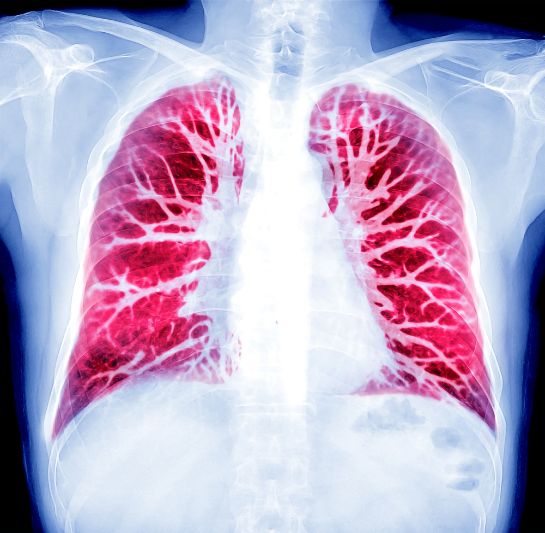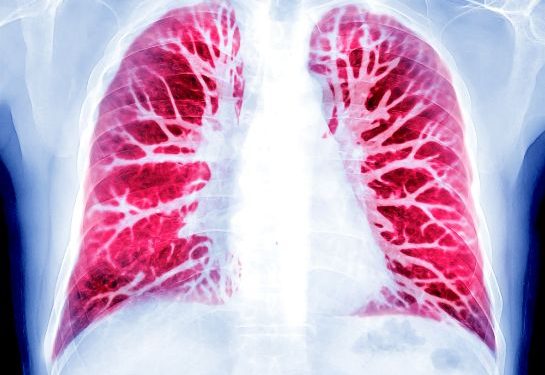At this stage, cancer has spread beyond the lung where it first developed. It may have spread to lymph nodes in the chest, or to other organs or tissues in the body, including the brain. At this stage, treatment is focused on improving quality of life and prolonging survival.
In addition to treating symptoms, palliative treatments can help prevent or relieve complications from advanced disease. They might include medications, nutritional changes, stress reduction techniques, and emotional or spiritual support.
A diagnosis of stage 4 lung cancer can be very stressful for patients and caregivers. Understanding what to expect from late stage cancer can make the journey easier.
Your health care provider will want to know your medical history, including any smoking or exposure to asbestos. They will also do tests to see if the cancer has spread. They might do a CT scan or an MRI to look at your lungs. They might also use a needle to remove a small sample of tissue from a lung node or another part of your body and study it under a microscope to check for cancer cells. Genetic tests can also identify specific features of your cancer, which can guide treatment.
If your non-small cell lung cancer (NSCLC) hasn’t spread, it might be possible to cure it with surgery or radiation therapy at this stage. However, the prognosis is much poorer for people with small cell lung cancer that has already spread.

For people with NSCLC that has spread to other parts of the body, they might have chemotherapy to slow cancer growth or treat symptoms. This might include carboplatin and pemetrexed (Alimta), or cisplatin with nivolumab (Opdivo) or pembrolizumab (Keytruda). If your cancer has an EGFR mutation, you might receive osimertinib. For those with an ALK translocation, targeted therapies like brigatinib and ceritinib might be helpful.
Radiation therapy can reduce the size of tumors and ease breathing by destroying them. They might do stereotactic body radiotherapy (SBRT) to target specific areas of the lungs. They might also do a procedure called radiofrequency ablation to heat and destroy cancer cells in the lungs.
Some types of immunotherapy can reduce the spread of NSCLC by boosting your body’s own natural defenses. These might include nivolumab, or other immunotherapies.
If your cancer has spread to the brain, you might have a different type of therapy, such as a drug that targets specific alterations in the tumor’s DNA.
Your health care team will discuss your options and help you weigh the pros and cons of each. Generally, it’s best to get treatment as soon as you think you have stage 4 lung cancer. This can give you the best chance for a good outcome. But it’s OK to ask your doctor if you don’t feel ready to start treatment right away. And it’s a good idea to get a second opinion, especially if you have Medicare. This will help you find the treatment that’s right for you.









